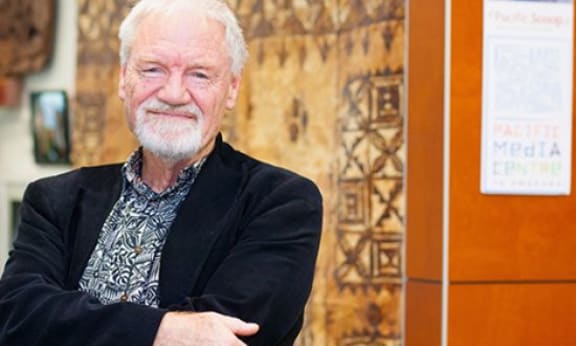COMMENTARY: By Gordon Campbell
The split opening up in Israel’s “War Cabinet” is not just between Prime Minister Benjamin Netanyahu and his long-term rival Benny Gantz. It is actually a three-way split, set in motion by Defence Minister Yoav Gallant.
It was Gallant’s open criticism of Netanyahu that finally flushed Gantz out into the open.
What Gallant wanted from Netanyahu was a plan for how Gaza is to be governed once the fighting ends and an assurance that the Israel Defence Force will not end up being Gaza’s de facto civil administrator.
To that end, Gallant wanted to know what Palestinian entity (presumably the Palestinian Authority) would be part of that future governing arrangement, and on what terms.
To Gallant, that is essential information to ensure that the IDF (for which he is ultimately responsible) will not be bogged down in Gaza for the duration of a forever war. By voicing his concerns out loud, Gallant pushed Gantz into stating publicly what his position is on the same issues.
What Gantz came up with was a set of six strategic “goals” on which Netanyahu has to provide sufficient signs of progress by June 8, or else Gantz will resign from the war Cabinet.
Maybe, perhaps. Gantz could still find wiggle room for himself to stay on, depending on the state of the political/military climate in three weeks time.
The Gantz list
For what they’re worth, Gantz’s six points are:
- The return of the hostages from Gaza;
- The overthrow of Hamas rule, and de-militarisation in Gaza;
- The establishment of a joint US, European, Arab, and Palestinian administration that will manage Gaza’s civilian affairs, and form the basis for a future alternative governing authority;
- The repatriation of residents of north Israel who were evacuated from their homes, as well as the rehabilitation of Gaza border communities;
- The promotion of normalisation with Saudi Arabia; and
- The adoption of an outline for military service for all Israeli citizens. [Gantz has already tabled a bill to end the current exemption of Hadadim (i.e. conservative Jews) from the draft. This issue is a tool to split Netanyahu away from his extremist allies. One of the ironies of the Gaza conflict is that the religious extremists egging it on have ensured that their own sons and daughters aren’t doing any of the fighting.]
Almost instantly, this list drew a harsh response from Netanyahu’s’ office:
“The conditions set by Benny Gantz are laundered words whose meaning is clear: the end of the war and a defeat for Israel, the abandonment of most of the hostages, leaving Hamas-rule intact and the establishment of a Palestinian state.
“Our soldiers did not fall in vain and certainly not for the sake of replacing Hamastan with Fatahstan,” the PM’s Office added.
In reality, Netanyahu has little or no interest in what a post-war governing arrangement in Gaza might look like. His grip on power — and his immunity from criminal prosecution — depends on a forever war, in which any surviving Palestinians will have no option but to submit to Gaza being re-settled by Israeli extremists. (Editor: ICC Prosecutor Karim Khan has today filed an application for arrest warrants for crimes against humanity by Israeli Prime Minister Benjamin Netanyahu and Defence Minister Yoav Gallant, along with three Hamas leaders for war crimes.)
Gantz, no respite
Palestinians have no reason to hope a Gantz-led government would offer them any respite. Gantz was the IDF chief of staff during two previous military assaults on Gaza in 2012 and 2014 that triggered accusations of war crimes.
While Gantz may be open to some minor role for the Palestinian Authority (PA) in helping to run Gaza in future, this would require the PA to be willing to duplicate in Gaza the same abjectly compliant security role it currently performs on behalf of Israel on the West Bank.
So far, the PA has shown no enthusiasm for helping to run Gaza, given that any collaborators would be sitting ducks for Palestinian retribution.
In sum, Gantz is a centrist only when compared to the wingnut extremists (e.g. Itamar Ben-Gvir and Bezalel Smotrich) with whom Netanyahu currently consorts. In any normal democracy, such public dissent by two senior Cabinet Ministers crucial to government stability would have led directly to new elections being called.
Not so in Israel, at least not yet.
Counting the cost in Nouméa
A few days ago, the Chamber of commerce in Noumea estimated the economic cost of the ongoing unrest in New Caledonia — both directly and to rebuild the country’s trashed infrastructure — will be in excess of 200 million euros (NZ$356 million).
Fixing the physical infrastructure though, may be the least of it.
The rioting was triggered by the French authorities preparing to sign off on an expansion of the eligibility criteria for taking part in decisive votes on the territory’s future. Among other things, this measure would have diluted the Kanak vote, by extending the franchise to French citizens who had been resident in New Caledonia for ten years.
This thorny issue of voter eligibility has been central to disputes in the territory for at least three decades.
This time around, the voting roll change being mooted came hard on the heels of a third independence referendum in 2021 that had been boycotted by Kanaks, who objected to it being held while the country was still recovering from the covid pandemic.
With good reason, the Kanak parties linked the boycotted 2021 referendum — which delivered a 96 percent vote against independence — to the proposed voting changes. Both are being taken as evidence of a hard rightwards shift by local authorities and their political patrons in France.
An inelegant inégalité
On paper, New Caledonia looks like a relatively wealthy country, with an annual per capita income of US$33,000 __ $34,000 estimated for 2024. That’s not all that far behind New Zealand’s $US42,329 figure, and well in excess of neighbours in Oceania like Fiji ($6,143) Vanuatu $3,187) and even French Polynesia ($21,615).
In fact, the GDP per capita figures serve to mask the extremes of inequality wrought since 1853 by French colonialism. The country’s apparent prosperity has been reliant on the mining of nickel, and on transfer payments from mainland France, and both these sources of wealth are largely sealed off from the indigenous population;
The New Caledonian economy suffers from a lack of productivity gains, insufficient competitiveness and strong income inequalities… Since 2011, economic growth has slowed down due to the fall in nickel prices… The extractive sector developed relatively autonomously with regard to the rest of the economy, absorbing most of the technical capabilities. Apart from nickel, few export activities managed to develop, particularly because of high costs..[associated with] the narrowness of the local market, and with [the territory’s] geographic remoteness.
No doubt, tourism will be hammered by the latest unrest. Yet even before the riots, annual tourism visits to New Caledonia had always lagged well behind the likes of Fiji, and French Polynesia.
Over the past 50 years, the country’s steeply unequal economic base has been directly manipulated by successive French governments, who have been more intent on maintaining the status quo than on establishing a sustainable re-balance of power.
History repeats
The violent unrest that broke out between 1976-1989 culminated in the killing by French military forces of several Kanak leaders (including the prominent activist Eloï Machoro) while a hostage-taking incident on Ouvea in 1988 directly resulted in the deaths of 19 Kanaks and two French soldiers.
Tragically in 1989, internal rifts within the Kanak leadership cost the lives of the pre-eminent pro-independence politician Jean-Marie Tjibaou and his deputy.
Eventually, the Matignon Accords that Tjibaou had signed a year before his death ushered in a decade of relative stability. Subsequently, the Noumea Accords a decade later created a blueprint for a 20-year transition to a more equitable outcome for the country’s various racial and political factions.
Of the 270,000 people who comprise the country’s population, some 41 percent belong to the Kanak community.
About 24 percent identify as European. This category includes (a) relatively recent arrivals from mainland France employed in the public service or on private sector contracts, and (b) the politically conservative “caldoches” whose forebears have kept arriving as settlers since the 19th century, including an influx of settlers from Algeria after France lost that colony in 1962, after a war of independence.
A further 7.5 percent identify as “Caledonian” but again, these people are largely of European origin. Some 11.3% of the population are of mixed race. Under the census rules, people can self-identify with multiple ethnic groups.
In sum, the fracture lines of race, culture, economic wealth and deprivation crisscross the country, with the Kanak community being those most in need, and with Kanak youth in particular suffering from limited access to jobs and opportunity.
Restoring whose ‘order’?
The riots have been the product of the recent economic downturn, ethnic tensions and widely-held Kanak opposition to French rule. French troops have now been sent into the territory in force, initially to re-open the international airport.
It is still a volatile situation. As Le Monde noted in its coverage of the recent rioting, New Caledonia is known for its very high number of firearms in relation to the size of the population.
If illegal weapons are counted, some 100,000 weapons are said to be circulating in a territory of 270,000 inhabitants.
Even allowing for some people having multiple weapons, New Caledonia has, on average, a gun for every three or four people. France by contrast (according to Franceinfo in 2021) had only 5.4 million weapons within a population of more than 67 million, or one gun for every 12 people.
The restoration of “order” in New Caledonia has the potential for extensive armed violence. After the dust settles, the divisive issue of who should be allowed to vote in New Caledonia, and under what conditions, will remain.
Forging on with the voting reforms regardless, is now surely no longer an option.
Republished with permission from Gordon Campbell’s column in partnership with Scoop.
This post was originally published on Asia Pacific Report.
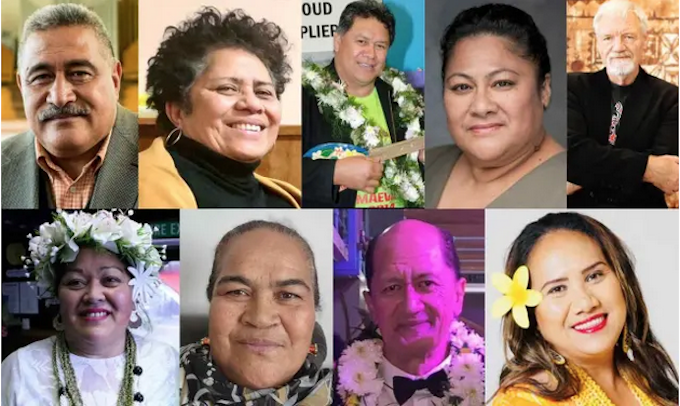
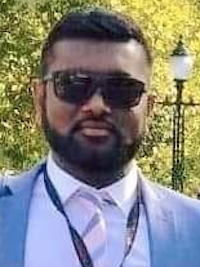





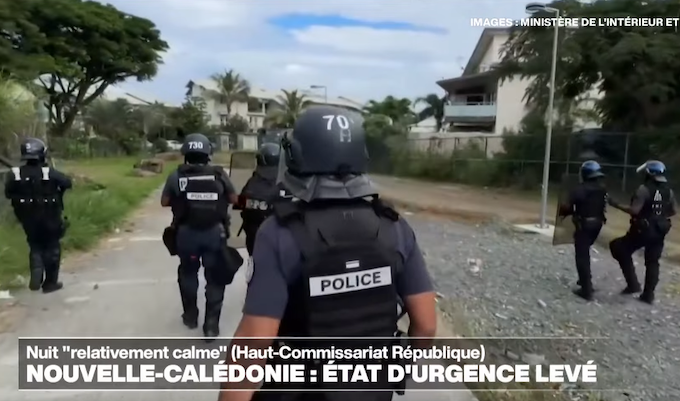


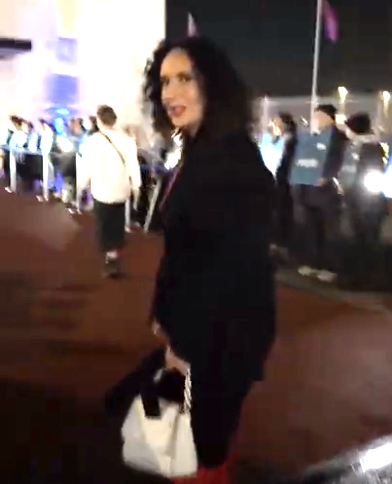
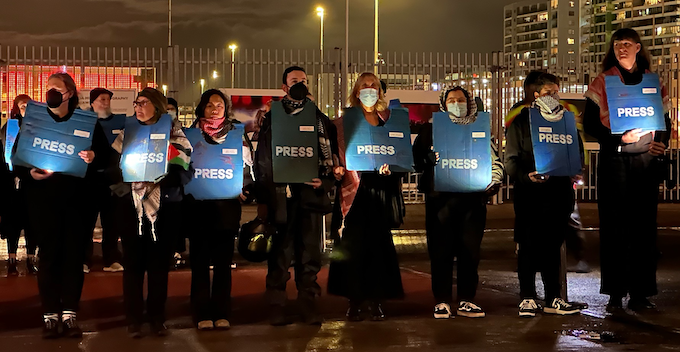
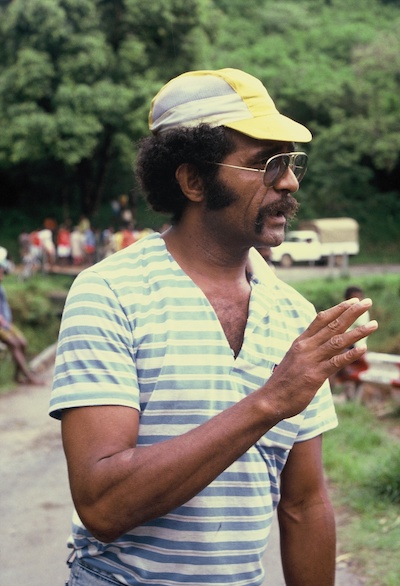
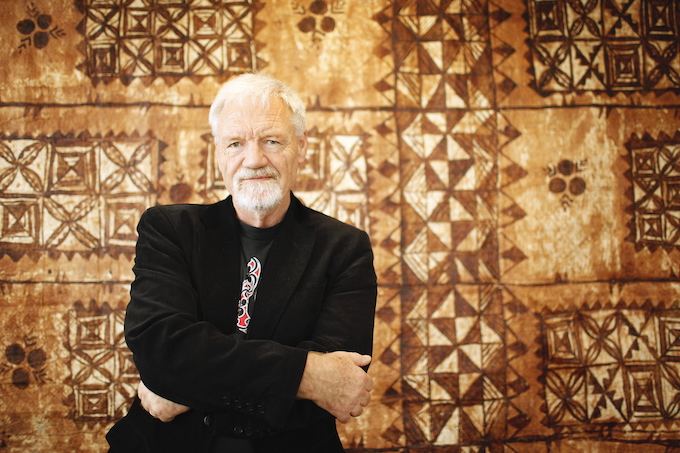
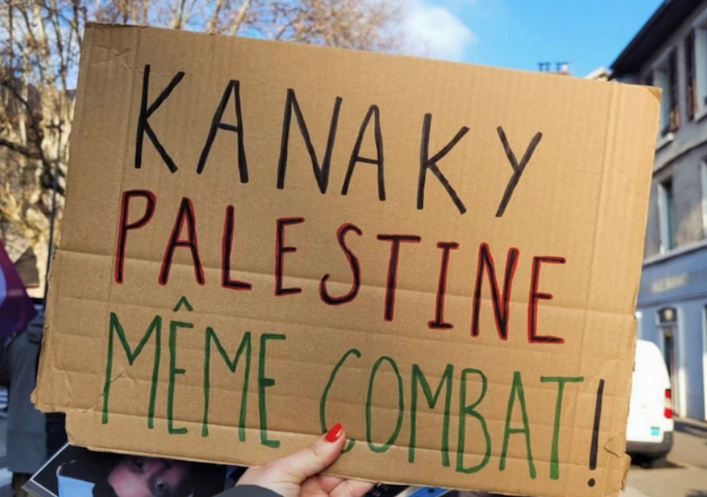
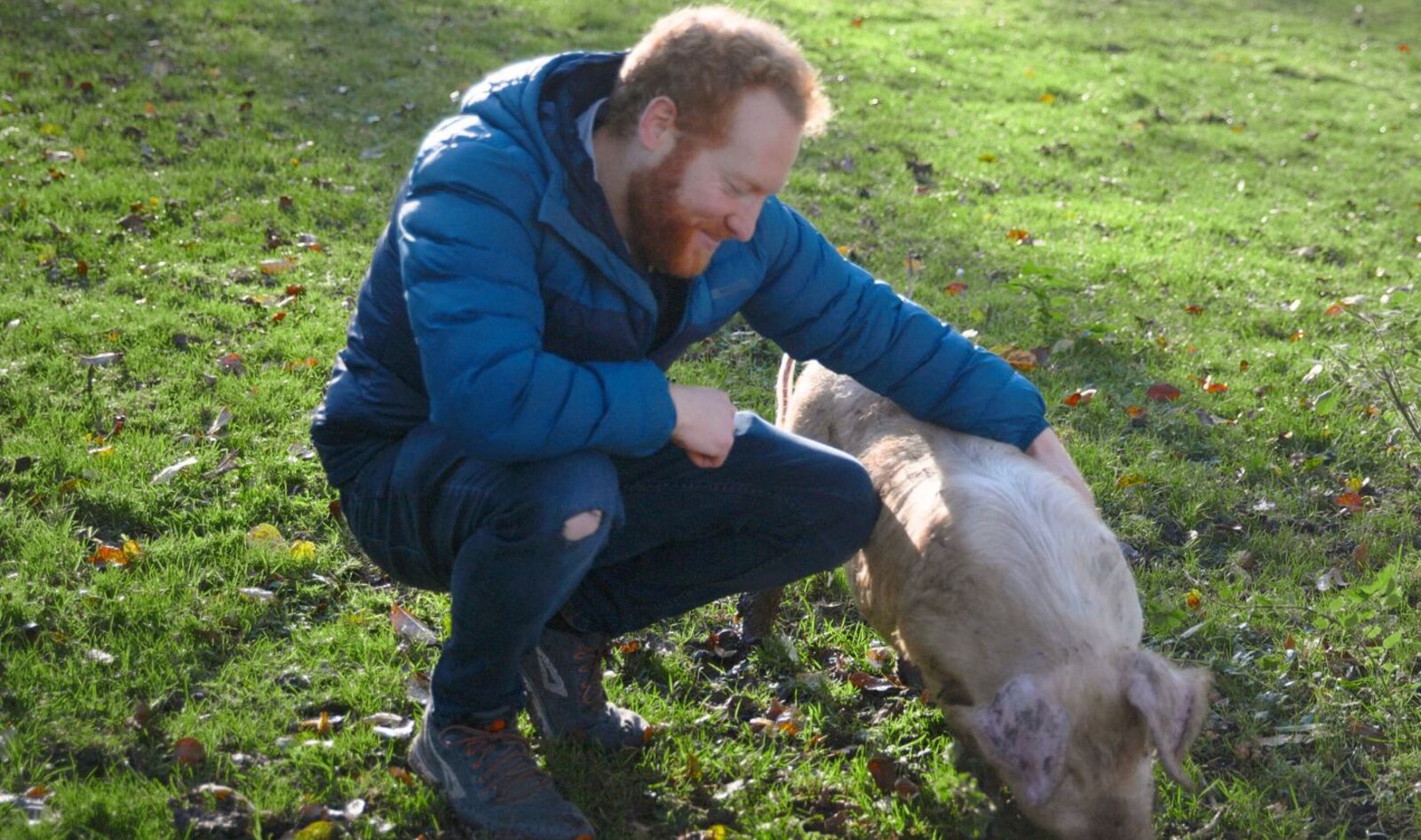
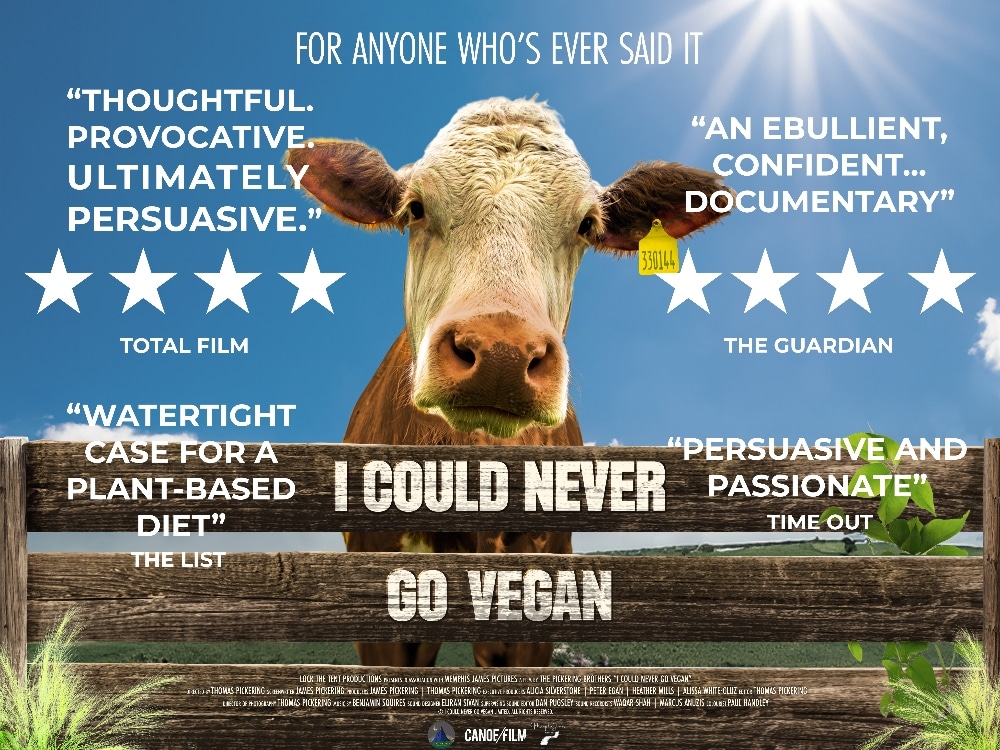
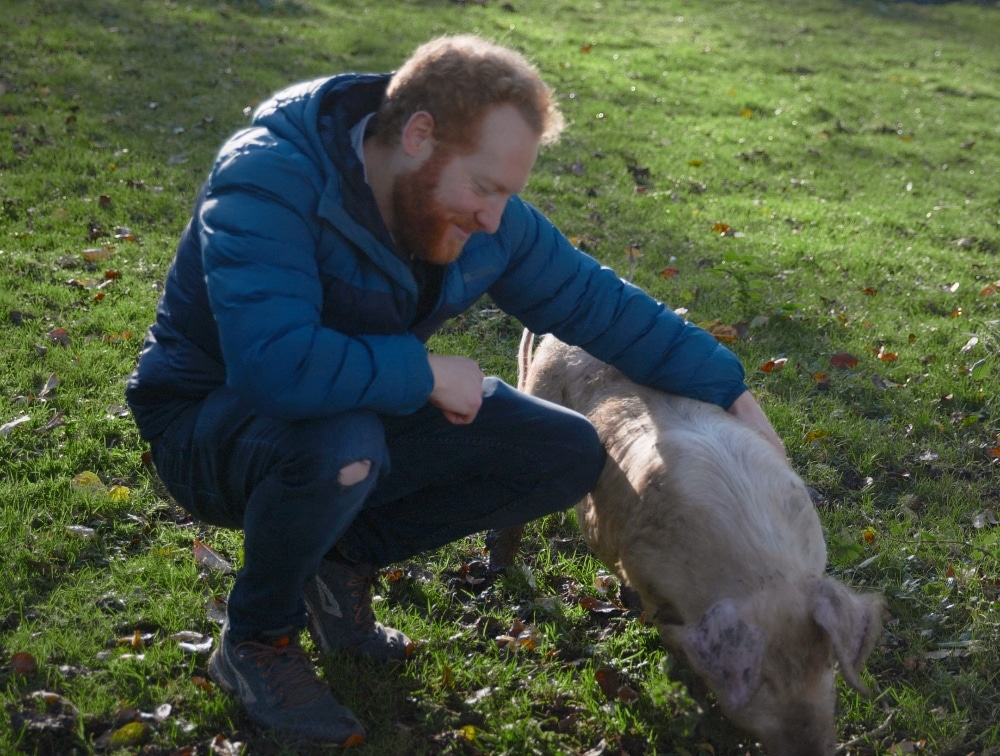
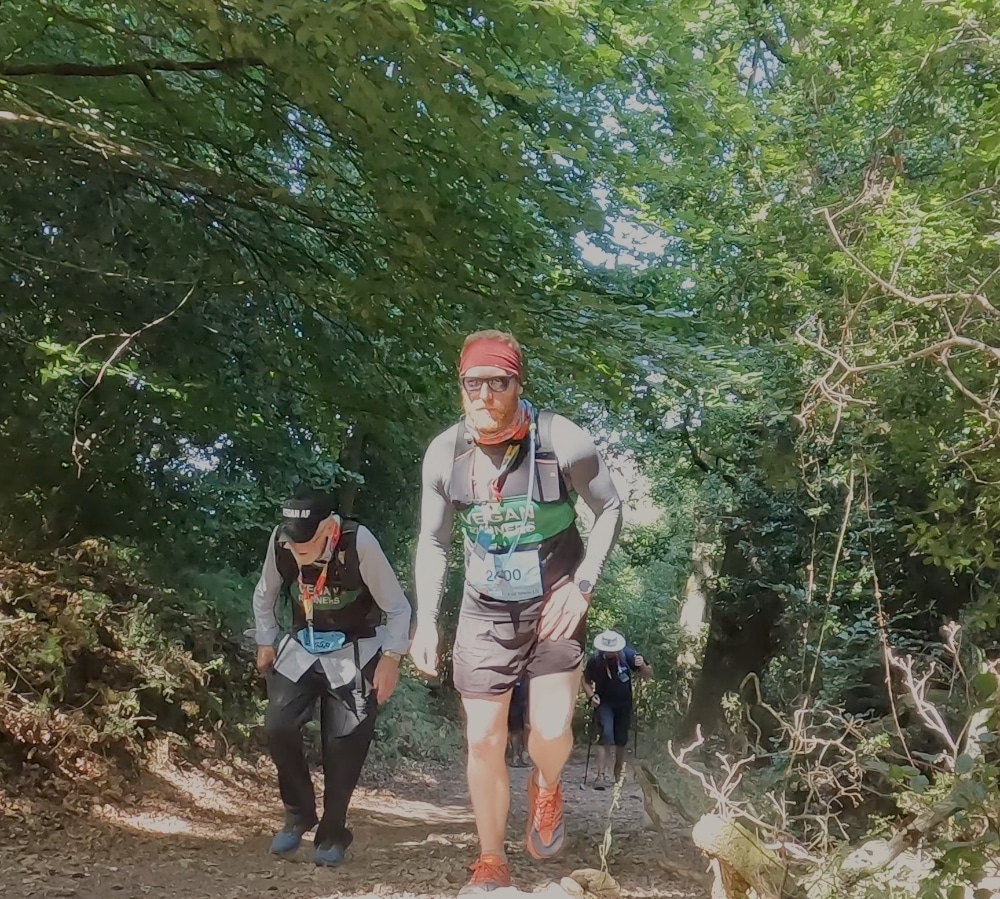 I Could Never Go Vegan
I Could Never Go Vegan



